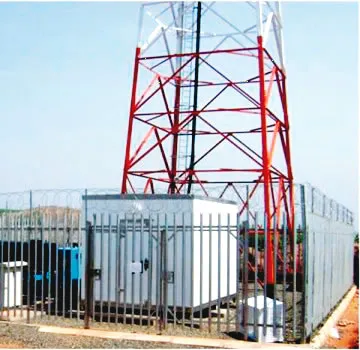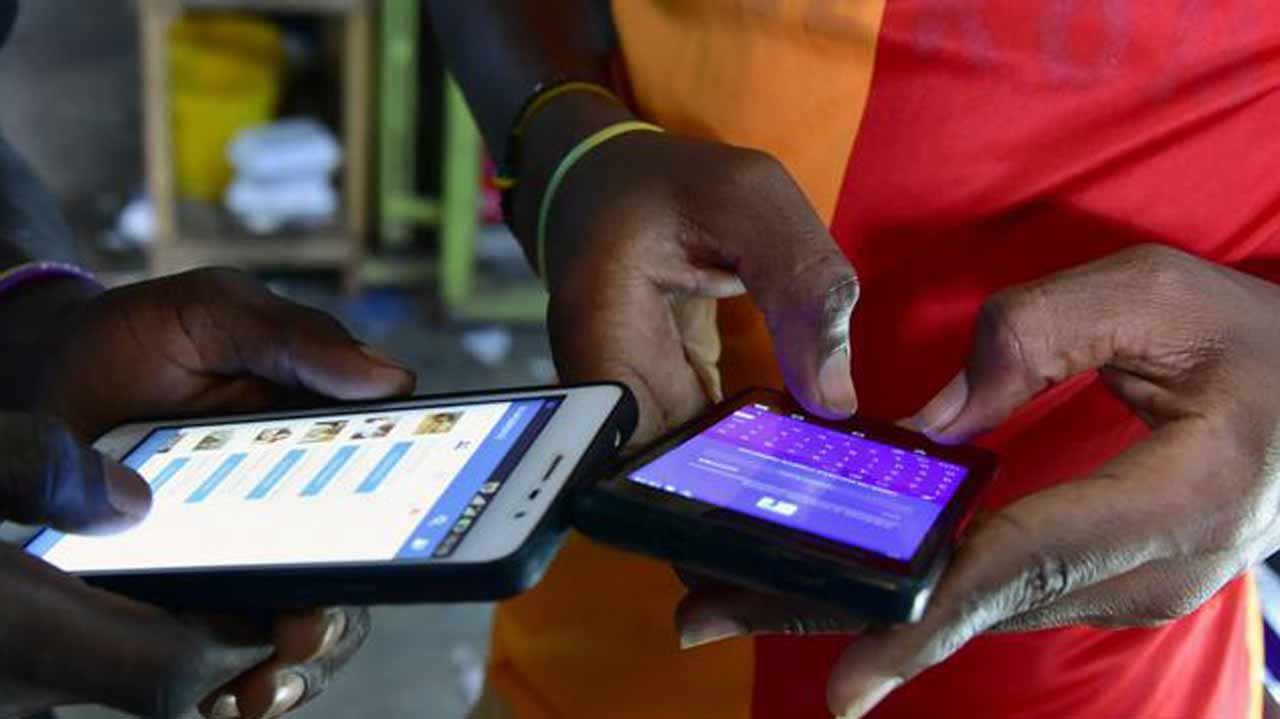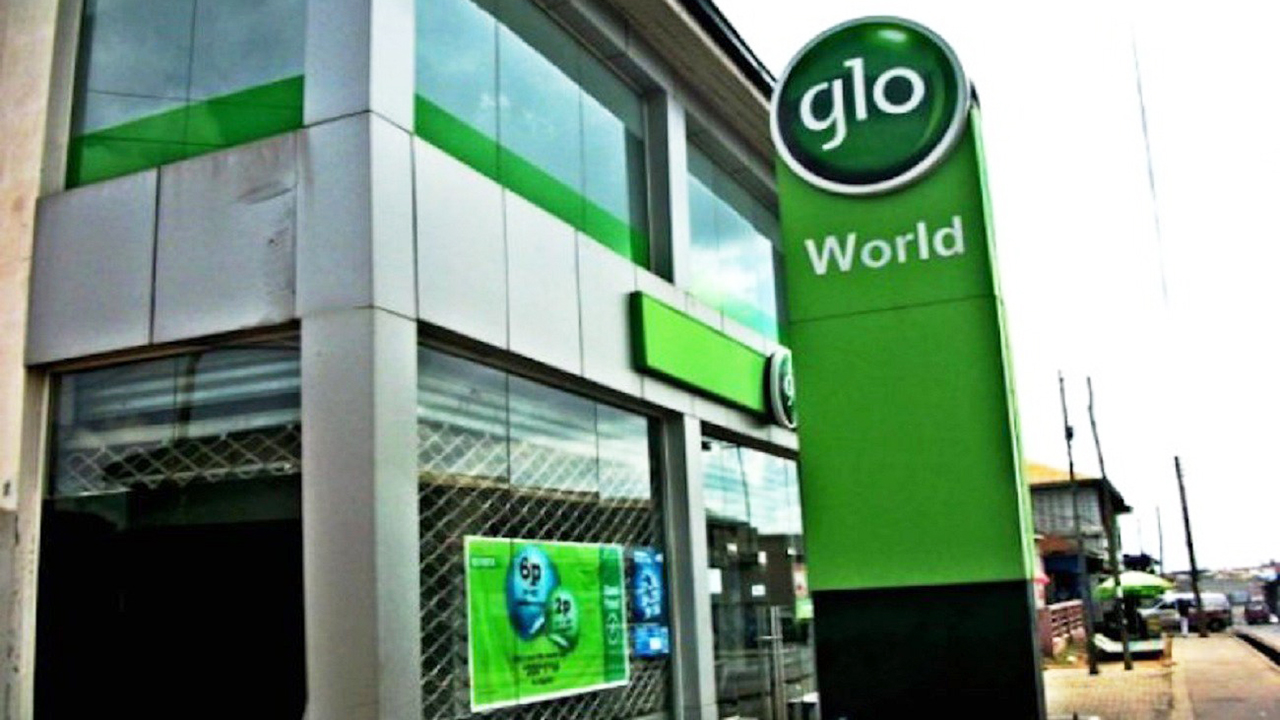
The GSM Association (GSMA) said Nigeria would need an investment of around $360 million to expand the 4G coverage to 98 per cent of the country’s geographical space.
GSMA, which represents the interest of mobile firms across the globe, disclosed this in its ‘2024 Year in Review’ report for sub-Saharan Africa (SSA), where it highlighted major developments in the telecom landscape.
The telecoms body said geospatial analysis showed that 4G coverage in Nigeria improved from 41 per cent in 2019 to 84 per cent in 2024.
“However, it is much lower in rural areas, at 48 per cent. The additional investment needed to achieve 98 per cent coverage for 4G in Nigeria currently stands at around $360 million,” it stated.
It added that the remaining two per cent of the population is very remote and sparsely populated and so will likely require alternative technologies like satellites for connectivity.
On the need for policy reforms in the country’s telecoms space, the GSMA noted that policy reforms to remove sector-specific taxation on infrastructure and remove retail price regulation would reduce the investment gap by 44 per cent to $200 million.
It also highlighted the importance of demand-side policies such as 4G device access and affordability as key in bridging the investment gap.
The body also recommended policies for Nigeria in the areas of telecoms infrastructure security and elimination of right-of-way fees.
GSMA stated: “If the policy reforms recommended in this report are adopted altogether, we quantified the enablement effect in accelerating the adoption of mobile broadband by 2030.”
The GSMA further noted that the result from the first edition of its Digital Africa Index provides clear evidence that countries with enabling policies and regulations and more importantly have implemented these policies through political goodwill are more likely to have higher levels of digital development, brought about by high mobile broadband adoption.
“However, only four countries (Kenya, Mauritius, Seychelles, and South Africa) have a score above 50 (the maximum score being 100),” it stated.
The body added that most countries in Africa have scores below 50, meaning they have significant scope to accelerate digital transformation with a more enabling policy framework.





